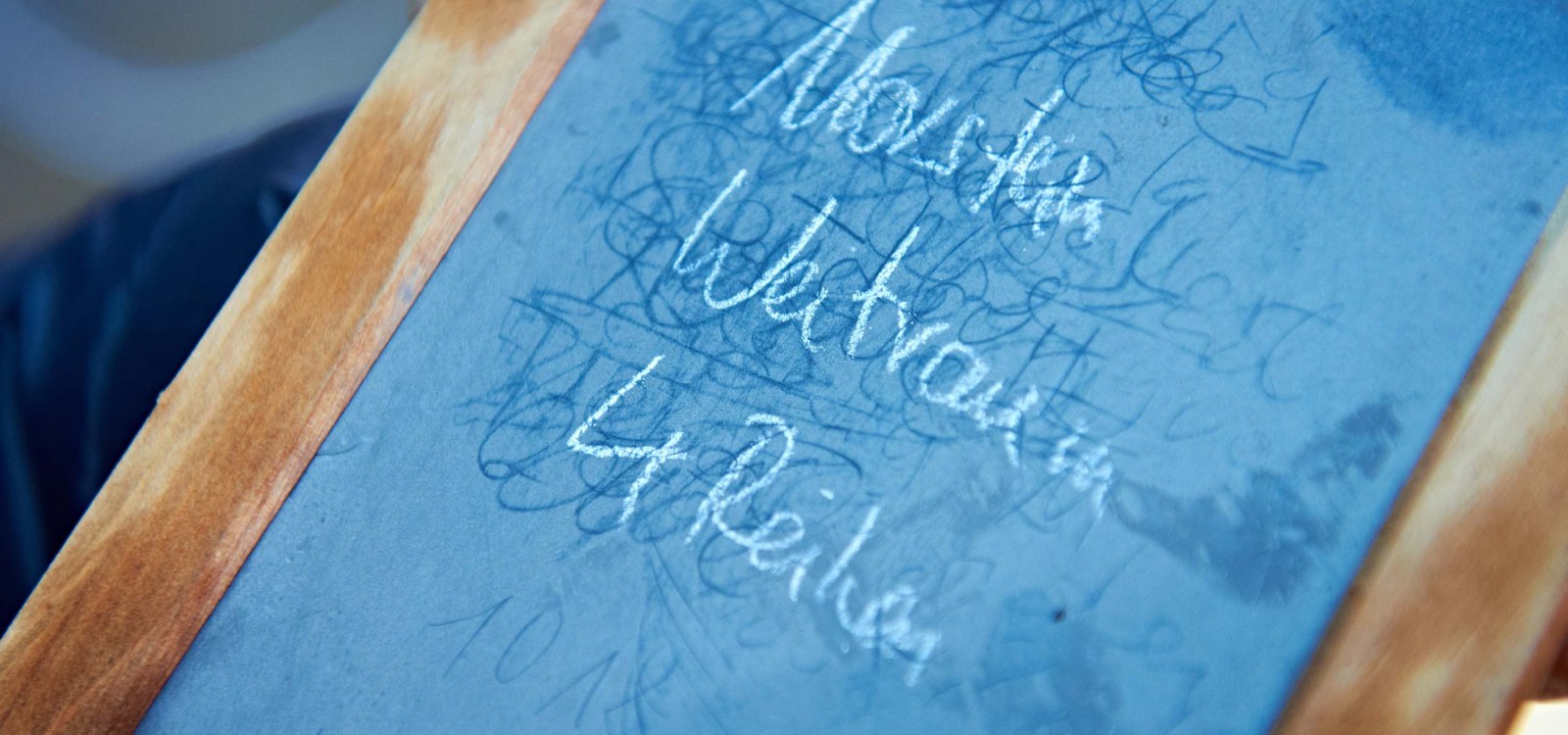
searchMenu



Not an actual wine market, but the oldest wine and folk festival of a city by the Rhine. Right from the start, it was not only about Rheinhessen wine, but about wines from other wine groing areas, too. Last weekend August to first weekend September in Mainzer Volkspark.

The crushed grapes from which the juice is then squeezed out. The German expression "Maische" comes from middle high German "Meisch" and means "mixture" (Latin miscere = mix).

Method of red wine making, in which the skin of the berries is fermented together with the must.

Flavour for sparkling wine. Sometimes also "sweet". Residual sugar above 50 g / l.

Rheinhessen plot = 2500 m²

From lat. "mustum". The juice obtained from fresh grapes by pressing. It is fermented into wine. A partially fermented must first is called Bremser and then Federweißer .

Sugar content of grape must, measured in degrees Oechsle. The "natural alcohol content" can be calculated from the must weight. This is determined by the winemaker with a must scale or a refractometer.

If the yield within Rheinhessen (eg between hills and Rhine terraces) or even within a district in a year is very different (for example, caused by frosts or hail or vine pests in some vineyards, but not in others), then this arouses the envy of winemakers, who are disadvantaged by nature. They (not really fall, as it only sets the cause) are then "envious."

After 1945, more and more new varieties were planted in Rheinhessen, such as those from the State Institute for Rebenüchtung in Alzey (eg Scheurebe, Huxelrebe, Faberrebe, Würzer). The new varieties produced higher yields at less favored locations and higher must weights (predicate range) due to higher sugar formation than the classical varieties.

The Nibelungen Festival has been held annually since 2002 in July or August. The play is performed in Worms on an open air stage in front of the cathedral. The play is shown in German, only. Link to the Niebelungenfestspiele